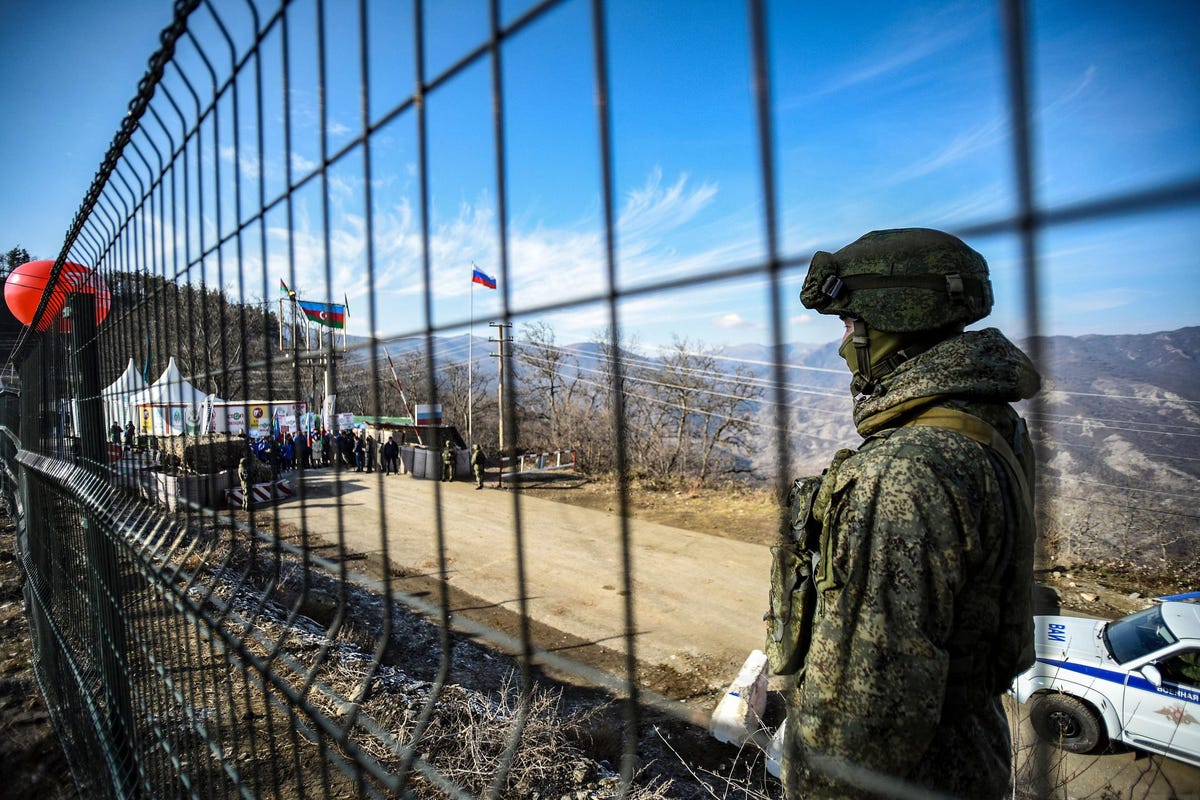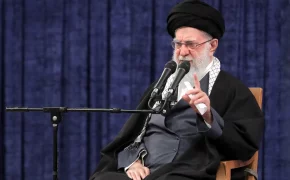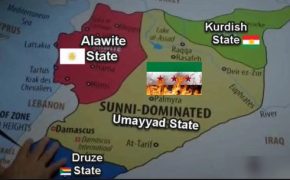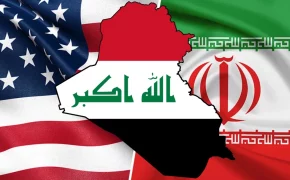Artsakh State Pro-Russia Minister sacked; ICJ Orders Azerbaijan To Open Lachin Corridor

ISWNews Analysis Group – Two different and very important events occurred in the last week concerning the Karabakh region, which attracted the world public opinion and might complicate the situation in the region more than ever.
Ousting of state minister of Nagorno-Karabakh region
The first event was that President of Republic of Artsakh Arayik Harutyunyan, which is De Facto Armenian government of the Nagorno-Karabakh Region also dubbed Artsakh, issued a decree to oust State Minister of Artsakh Ruben Vardanyan. Independent sources believe that the ousting happened as a result of the intervention and pressure by Prime Minister of Armenia Nikol Pashinyan. Vardanyan, who possesses double nationality of Armenia and Russia, returned Karabakh last year and renounced his Russian citizenship. It is said that Vardanyan was to pave the way for the accession of the Nagorno-Karabakh region to the Russian Federation.
The Republic of Azerbaijan claims that Vardanyan is the root cause of crisis in Karabakh’s mines; the illegal excavation, the Baku government alleges, denies the rights of Azerbaijan people as well as causes environmental pollution. The recent protest by environmental activists in Shusha or Shushi, organized by the Baku government, has happened due to the reason.
Conviction of Aliyev’s environmental activists in ICJ
The second event of the past week was the failure of legal efforts by the Republic of Azerbaijan and the victory of Armenia in the International Court of Justice (ICJ) regarding the closure of the corridor between Lachin and Khankendi (Stepanakert), which is the de facto capital of Republic of Artsakh.
On February 22, The Hague Court of Justice found the Azerbaijan government guilty due to acts committed by so-called environmental activists, who closed the connection of the corridor to outside world, ruling that Azerbaijan must open Lachin Corridor. The verdict translates into the violation of human rights of Armenians by the Baku government.
The two governments of Armenia and Azerbaijan had filed lawsuits with the ICJ. The court issued the verdict in the 72nd day of the closure of the road.
The authorities of the government in Baku, including President of Azerbaijan Republic Ilham Aliyev, claimed that the environmental activists have not closed the corridor and the vehicles of the Russian peace-keepers and the Red Cross can transit there. But the Red Cross personnel confirmed statements by the Armenian officials of the Karabakh region on the difficult circumstances of the people there as well as all-out economic siege and the lack of electricity and gas in the region. The blockade kicked off on December 12, 2022 as a result of the presence of hundreds of people in the checkpoint of the north of Shusha city and it still underway. It is not clear, when the government of Aliyev will carry out the verdict of the ICJ.
Control of Karabakh by limiting transit
Orxan Məmmədov, an Azerbaijani analyst, told ISWNews that the point, where the environmental activists have gathered, is an area of 200 meters in the north of Shusha city in a crossroad, where the two roads of Lachin-Shusha and Khankendi-Armenia is located. The Russian peace-keeping forces have two checkpoints there and two other sides are controlled by Azerbaijan Republic. The peace-keeping forces and Azerbaijanis can use the crossroad, and the legal condition is so that the peace-keeping forces cannot uproot tents erected by the environmental activists.
Now, the government in Baku could create an unofficial checkpoint there by the use of the environmental activists in order to avoid the transit of the Armenians of the Karabakh region to Armenia and vice versa without the supervision of Azerbaijan Republic.
The next step by the Aliyev government is a negotiation to set up a customs office and a checkpoint in the area of about 200 meters in a bid to dominate the road, which is the only corridor of the Karabakh region with the outside world.




Comment